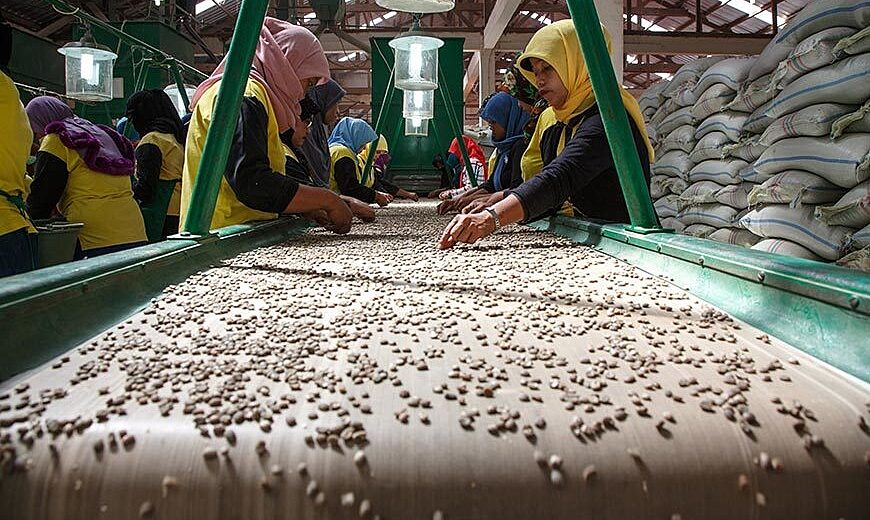Standards and Pricing Unit workplan
The standard setting process is managed by Fairtrade International’s Standards and Pricing team, which publishes its annual workplan as part of good practice in standards setting.
Here you can learn more about the process we follow to develop and revise our standards, including how you can participate.

Fairtrade standards are set in accordance with the ISEAL Code of Good Practice on Standard Setting. This process involves wide consultation with stakeholders.
Decisions about Fairtrade standards are made by the Fairtrade International Standards Committee.
The standard setting process is managed by Fairtrade International’s Standards and Pricing team, which publishes its annual workplan as part of good practice in standards setting.
The procedures below describe the process followed by Fairtrade International’s Standards and Pricing Unit when creating new standards and revising existing standards:
The documents below have been developed to help you contribute to the standard setting process, in accordance with the ISEAL requirements.
EN | Standards project request
EN | Quick Entrance request form
EN | Secondary products request
EN | Project assignment feedback form ES | Formulario de feedback PT | Formulário de feedback
EN | Cost of Sustainable Production Guidance document EN | COSP Templates
SP | Costo de Producción Sostenible - Documento orientativo
EN | Standard suspension request form
EN | Standard suspension feedback form
EN | Price suspension request form
EN | Price suspension feedback form
EN | Complaint form against Fairtrade standard setting procedure
Our procedures are compliant with the ISEAL Code of Good Practice on Standard Setting.
This means that the Standards are set on the basis of consultations with the major stakeholders in the Fairtrade system. While Fairtrade International sets the Standards and supports producers to meet them, a separate certification company, FLOCERT, regularly inspects and certifies producers and traders against the Standards.
The ISEAL code brings a high degree of credibility to the standard setting of organizations such as Fairtrade International. The areas and levels of responsibility are further explained on the ISEAL website.
Fairtrade International has successfully demonstrated overall compliance against ISEAL’s Code of Good Practice for Setting Social and Environmental Standards (Standard-Setting Code) v 6.0. Fairtrade International’s compliance, as recommended by the independent evaluator, was formally approved by the ISEAL Membership Committee on 25 May 2016.
As a full member of the ISEAL Alliance, Fairtrade International’s compliance signifies a commitment to delivering positive impact and embracing credible practices. Furthermore, the process of independent evaluation and approval by ISEAL’s Membership Committee means that Fairtrade International’s claim of compliance with ISEAL's Codes of Good Practice is a credible one. The latest version of Fairtrade International’s Standard Operating Procedure for the Development of Fairtrade Standards, a key instrument for the implementation of the ISEAL Code for standard-setting, can be found here.
For more information, read our Fairtrade Standard-setting Public System Report.
When new Fairtrade standards are proposed or existing Fairtrade standards are reviewed, the procedures require that relevant stakeholders are consulted. Stakeholders can comment at each stage of the process:
See our list of ongoing standards projects.
Decisions about Fairtrade Standards are taken by the Fairtrade International Standards Committee. Members are appointed and its Terms of References are approved by the Fairtrade International Board.
Download the list of Standards Committee members
The Standards Committee ensures that decisions taken on standards take into account the views of all the relevant stakeholders and are in line with Fairtrade International's mission and policy statements.
The Standards Committee meetings in 2024 will take place on
In its meetings, the Standards Committee not only decides on the revision of the standards, but also on the planning of other works and policies related to standards.
For the Minutes of the latest Standards Committee meetings, please see below: